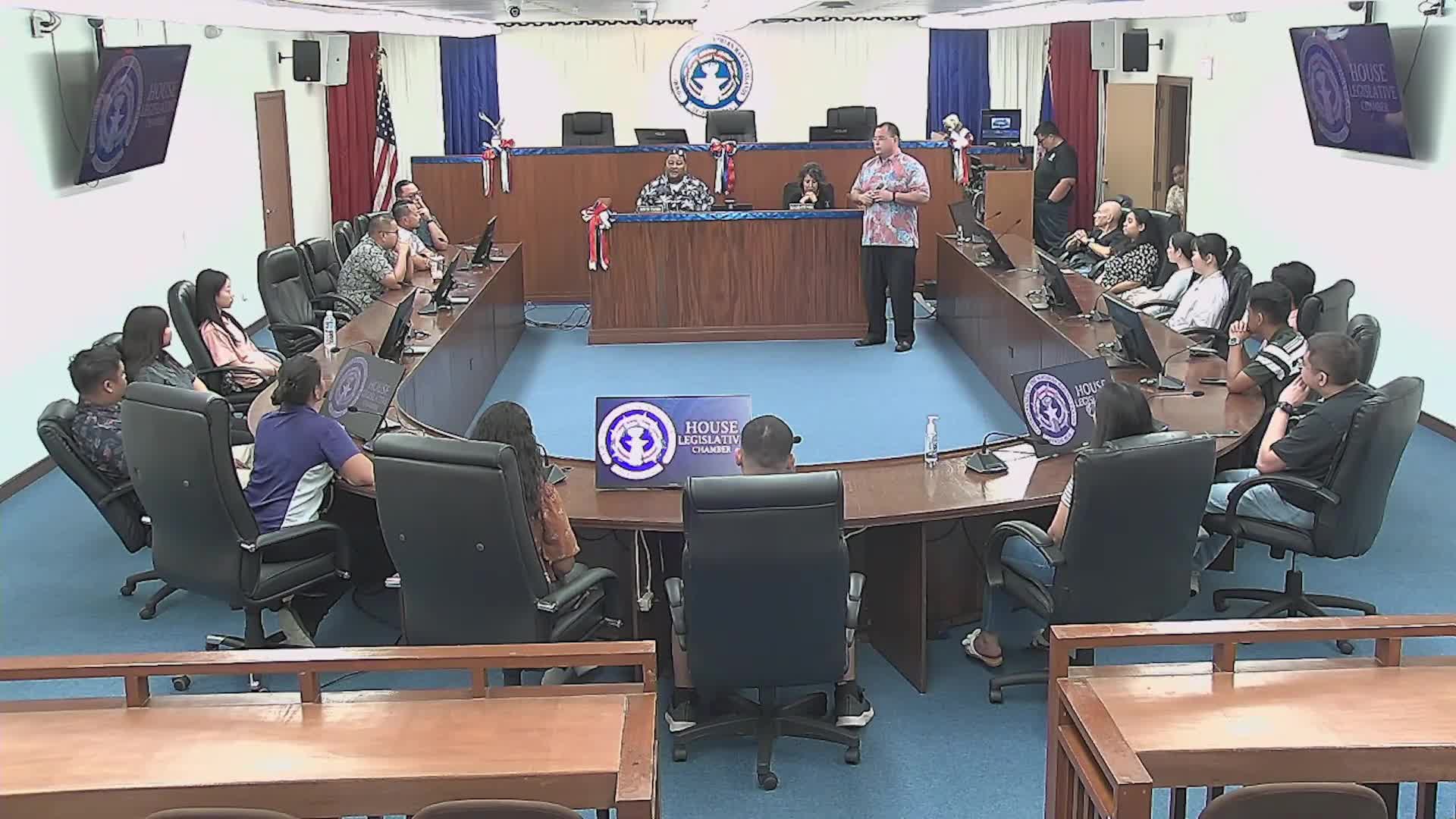CNMI lawmakers tell students budget shortfalls, tourism decline and federal shutdown are driving tough choices
Get AI-powered insights, summaries, and transcripts
Subscribe
Summary
Lawmakers said the FY25 appropriations act averted a shutdown but the CNMI faces new fiscal pressure for FY26: revenue misses, airline cutbacks and federal shutdown effects could force school-day reductions and service cuts unless lawmakers find offsetting funds.
Legislators from the Commonwealth of the Northern Mariana Islands told a public Q&A that the territory faces a difficult fiscal year ahead as tourism declines, airline service changes and federal funding disruptions tighten revenue.
The session’s lawmakers said the recently passed fiscal-year appropriations (Public Law 24-01) helped avert a partial government shutdown, but shortfalls projected for fiscal 2026 require a revised budget. "We're expecting $40,000,000 in quarter 1, and we only realized $15,000,000," Senate President Carl Neighbors said, describing how revenue misses force the executive and legislature to reconvene and rebalance appropriations.
Why it matters: panelists warned that reduced revenues will squeeze key local services. A student speaker identified as Riley noted that the public school system requested about $37,000,000 but the proposed allocation was roughly $31,700,000, which could reduce school weeks from 180 days to about 150. "This could lead to them as 30 Mondays, meaning they might have to cut back on instructional days," Riley said.
Budget drivers and stopgaps: legislators described a mix of causes — fewer flights and visitors, local airline schedule changes, earlier executive actions that paused approvals for some charters, and the broader U.S. federal funding slowdown. The panel cited specific fiscal interventions: Marianas Public Land Trust recently remitted $1,000,000 to help cover near-term needs, a payment the House passed and sent to the Senate for action.
Public-safety and utilities risks: lawmakers flagged operational risks if revenues remain constrained. Neighbors said Tinian currently has only eight police officers on duty, and separate comments described the Commonwealth Utility Corporation operating below full cost-recovery, with arrears and the risk of service interruptions.
Looking ahead: legislators emphasized coordination with the CNMI delegate in Washington, D.C., and with federal partners to secure funding. They urged stakeholders and residents to follow budget hearings and attend committee sessions as lawmakers consider tradeoffs before finalizing a revised appropriation.
The session ended with invitations to students and residents to observe house and senate sessions as work on the revised budget continues.
